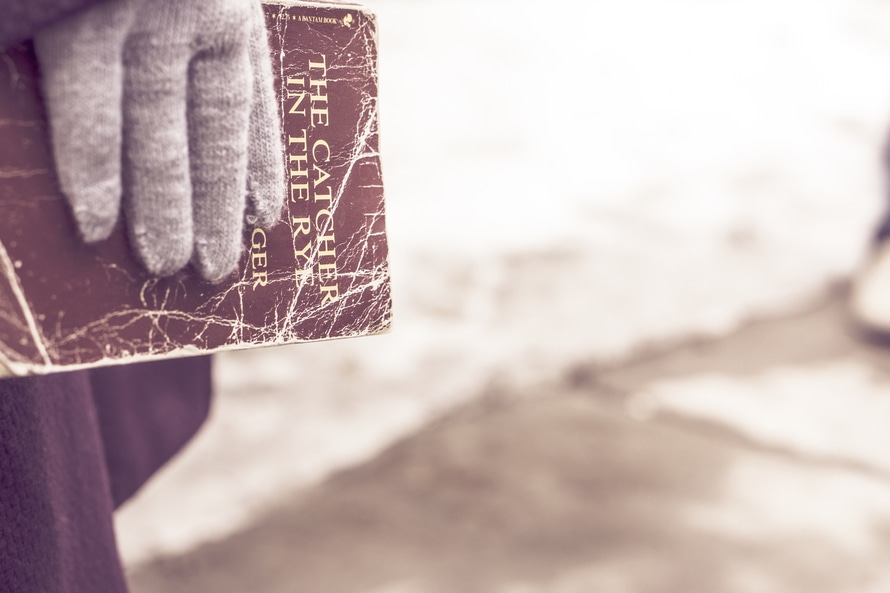Classic Novels and Why You Should Care
As an English student, the biggest question I get from people is “what’s the point?”
Well, I’ll tell you the point.
The term “classic novels” is pretty much synonymous with the term “boring” to most of us students who struggle to get through those last ten pages of Emma—you know, the nothing-ever-happens-but-it-goes-on-forever-anyways type novel.
Why are we all required to take introductory English courses anyways? The novels they make us read make us want to rip our teeth out. Right? Wrong.
Contrary to what most of us believe, these “classics” really do matter. I know you’re sitting there shaking your head as you read this, but like any good English student, I’ll make a case for my point and you’ll have no choice but to believe me.
Let’s use Sylvia Plath’s The Bell Jar as our subject (I know, could I think of a more depressing novel?). The novel introduces us to Esther, the protagonist, as she checks out her boyfriend nude for the first time: “Then he just stood there in front of me and I kept on staring at him. The only thing I could think of was turkey neck and turkey gizzards and I felt very depressed,” (p. 49).
She goes on to protest that “undressing in front of Buddy appealed about as much as having [her] posture picture taken at college, where you have to stand naked in front of a camera” (p.49). She makes her first sexual encounter, and all its youthful pleasures, sound like the death march of despondent farm animals.
Although not unrealistic, Esther’s description of Willard’s flabby features hardly represents the adolescent dream. Esther shares her story of sexual anxiety in an authentic adolescent voice: frank, awkward, and grimy. She recounts her experience with Buddy Willard in a believable manner, allowing us students to find our gripes, our restlessness, and our fears laid out in the pages of a novel.
Esther’s experience depicts a universal fear. Plath forces us—who are being forced to read her novel in the first place—to recognize the alarming vulnerability of sexuality, and the liabilities of connecting with another person.
Although we never get to see Esther grow beyond the pages of the book, Plath’s account of her struggle helps us young folk navigate the battlefield of sexuality with the certainty that a weathered paperback tossed into depths of our backpacks is an indispensable ally.






